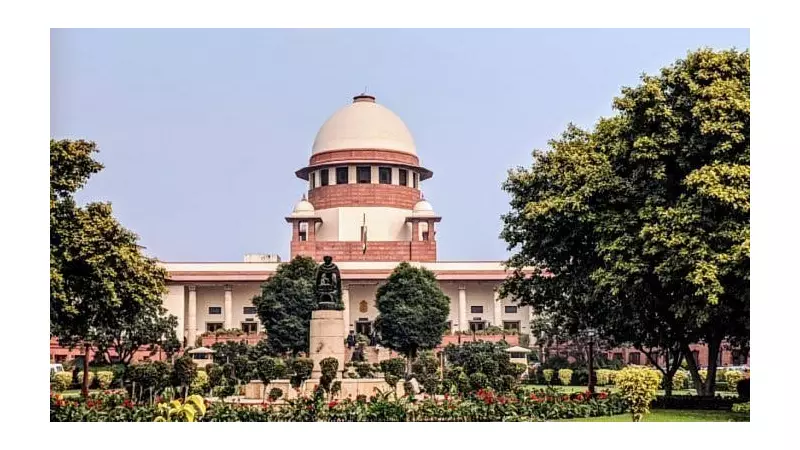
In a groundbreaking development that could redefine India's healthcare hierarchy, the Supreme Court has escalated the long-standing debate over equal status between traditional and modern medical practitioners. The apex court has decided that the crucial question of parity between AYUSH and allopathic doctors requires the wisdom of a larger constitutional bench.
The Legal Crossroads in Indian Healthcare
The controversy centers around whether practitioners of Ayurveda, Yoga, Naturopathy, Unani, Siddha, and Homeopathy (collectively known as AYUSH) should enjoy the same rights and privileges as their allopathic counterparts. This isn't merely an academic debate—it's a dispute with profound implications for medical practice, patient safety, and the very structure of India's healthcare delivery system.
What Prompted the Judicial Intervention?
The case reached the Supreme Court through a special leave petition challenging a Rajasthan High Court decision. The heart of the matter revolves around whether AYUSH doctors can be considered equivalent to MBBS doctors for purposes of government appointments and medical practice boundaries.
Currently, the Indian Medical Council Act, 1956, and the National Medical Commission Act, 2019, govern allopathic medicine, while separate legislation regulates each AYUSH discipline. This fragmented regulatory landscape has created ongoing tension between the different medical traditions.
Why This Decision Matters for Every Indian
The Supreme Court's referral to a larger bench indicates the complexity and constitutional significance of the issues at stake. Several critical questions need resolution:
- Can AYUSH practitioners legitimately claim equal standing with allopathic doctors?
- What are the implications for patient care when different medical systems intersect?
- How should India balance its rich traditional medical heritage with modern scientific standards?
The Broader Healthcare Implications
This legal decision comes at a time when India is actively promoting integrative medicine. The government has been encouraging cross-practice and establishing integrated medical units in various hospitals. However, the medical community remains divided on how much integration is appropriate and safe.
Allopathic doctors argue that AYUSH practitioners lack the rigorous scientific training necessary for complex medical interventions, while AYUSH proponents highlight centuries of traditional knowledge and the government's own push for mainstreaming alternative medicine.
What Happens Next?
The constitutional bench that will now hear this case will likely comprise five or more Supreme Court judges, reflecting the matter's significance. Their decision could either bridge the gap between India's diverse medical systems or reinforce the boundaries between them.
This ruling will affect millions of medical practitioners and potentially reshape how healthcare is delivered across the country. It represents a critical juncture in India's ongoing journey to define its unique medical identity—one that honors tradition while embracing modern science.
As the nation waits for the constitutional bench's composition and hearing schedule, one thing is clear: the outcome will leave an indelible mark on Indian healthcare for generations to come.





